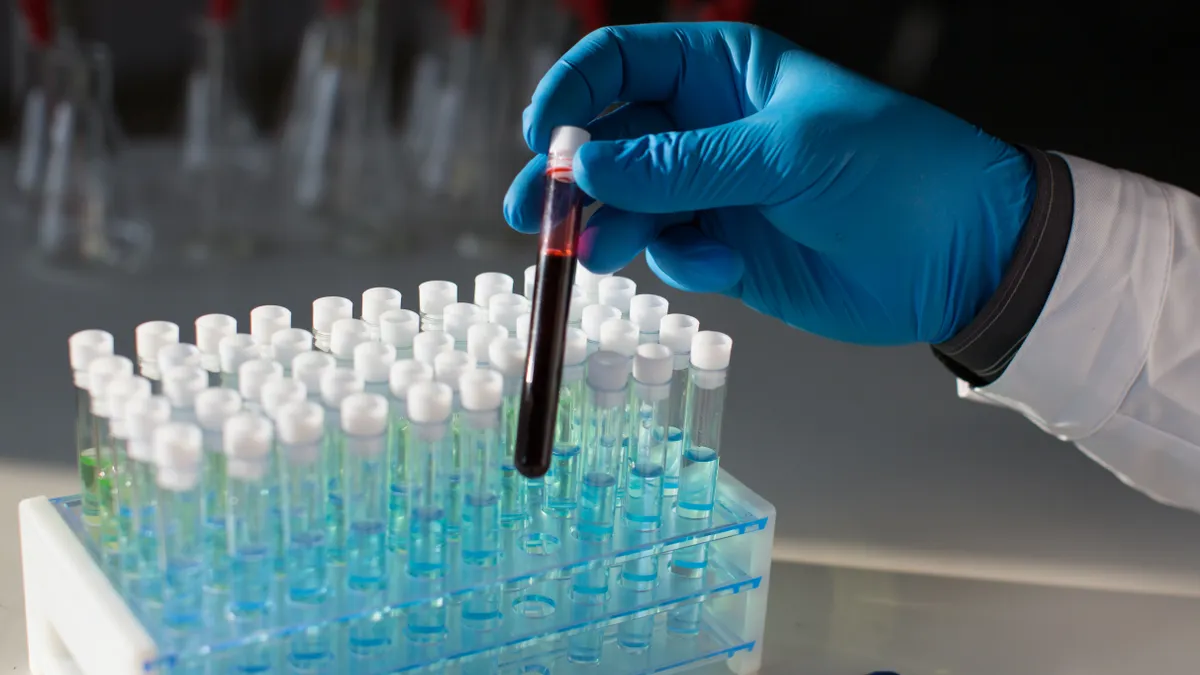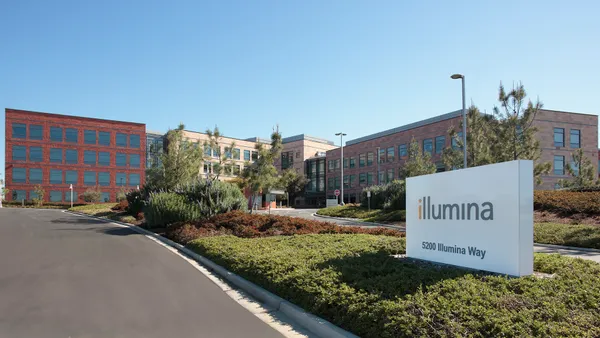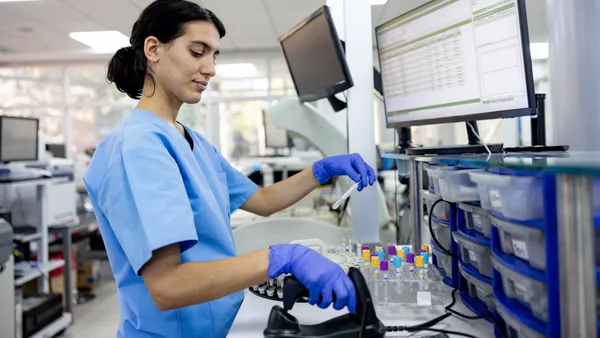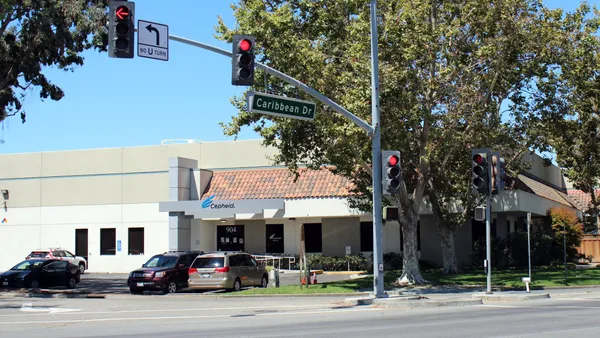The founders of cancer screening firm Exact Sciences have started a new liquid biopsy company, raising funding to develop a test to detect residual cancer after patients have undergone initial treatment.
Their new venture, Baltimore, Maryland.-based Haystack Oncology, recently raised $56 million in funding led by New York-based investment firm Catalio Capital Management, which co-founded Haystack through its private equity and structured equity investment vehicles. Exact Sciences’ venture arm, Exact Ventures, Bruker and Alexandria Venture Investments also joined the funding round.
Haystack is developing a blood test that its founders say can detect trace amounts of circulating DNA from solid tumors, which can indicate the presence of cancer and its possible recurrence. The test uses personalized diagnostic panels to create optimal treatment plans for each patient, according to the company. Haystack hopes to commercialize the test in 2023.
“Detecting [minimal residual disease] has long been akin to looking for a needle in a haystack — we’re searching for a small number of tumor-derived DNA molecules in a sea of normal molecules in a blood sample. If residual disease is detected, the patient journey can be transformed to greatly improve the likelihood of clinical benefit, and ultimately, save lives,” Haystack CEO Dan Edelstein said in a news release.
Most of Haystack’s founding team has a background in liquid biopsy. Bert Vogelstein and Ken Kinzler were scientific founders of Exact Sciences, and also head up the Ludwig Center at the Johns Hopkins Kimmel Cancer Center, where they are developing new methods for cancer detection. Nick Papadopoulos, also a co-founder of Haystack, joined them to start Thrive Earlier Detection Corp., which sold to Exact Sciences last year. Co-founder Joshua Cohen also works at the Ludwig Center.
Edelstein and CTO Frank Holtrup both worked for Sysmex Inostics, another liquid biopsy company founded by Vogelstein and Kinzler.
A version of the Haystack’s technology was used in a study of stage 2 colon cancer patients who had undergone surgery. According to results published in the New England Journal of Medicine, patients whose care was managed using the test significantly reduced the use of adjuvant chemotherapy without compromising their risk of cancer recurrence or survival after two years.











